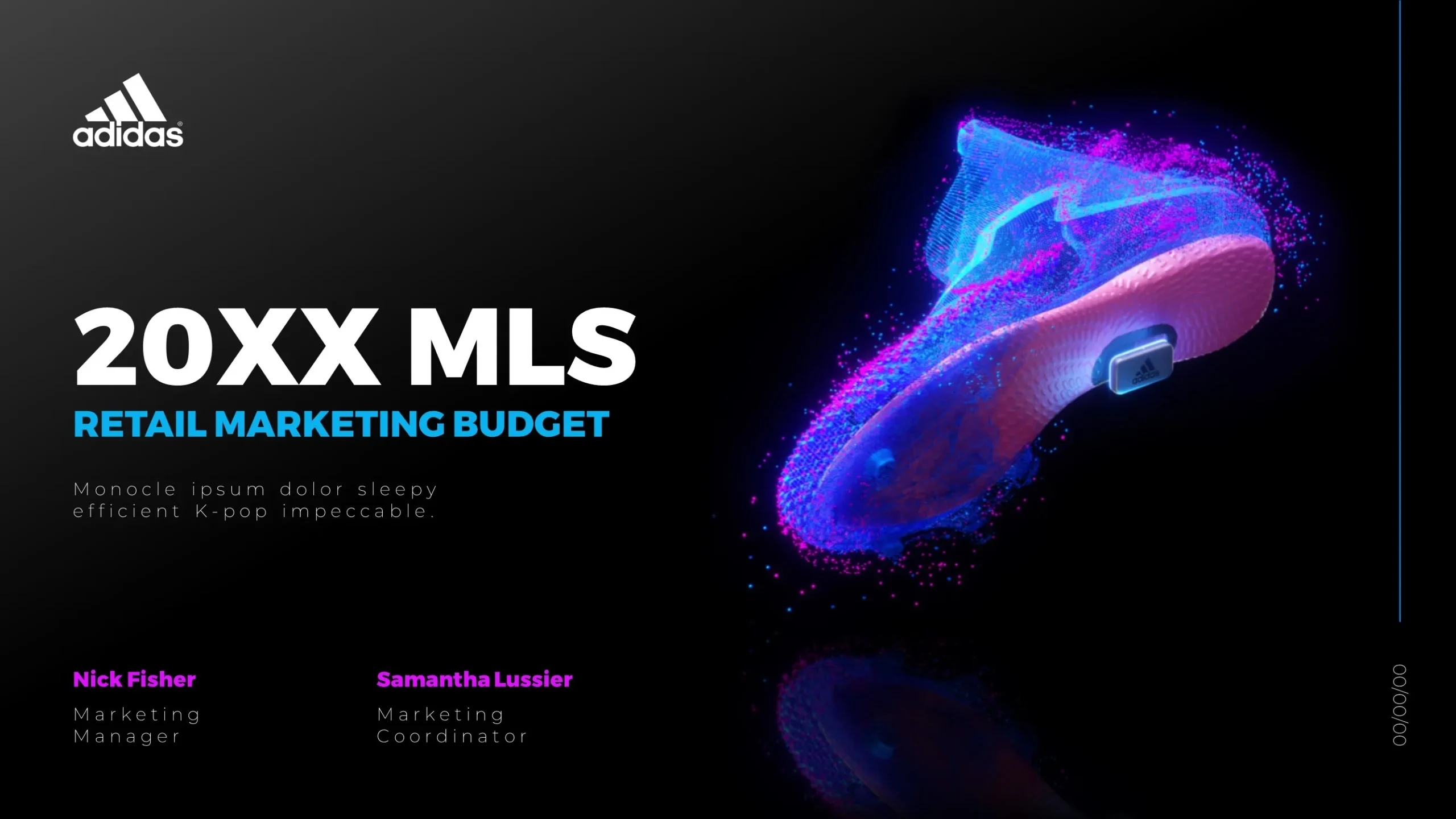A well-designed PowerPoint slide is a blend of clarity, aesthetics, and purpose. It should convey information efficiently, maintain audience engagement, and align with the presenter’s message. Below is a comprehensive breakdown of the key elements that contribute to a high-impact slide:
🎯 1. Clear Objective and Purpose
Every slide must serve a single, focused objective—whether it’s to explain, persuade, compare, or summarize.
-
Ask: What should the audience remember from this slide?
-
Avoid overcrowding multiple ideas on one slide
-
Use slide titles to reinforce the key takeaway
✍️ 2. Compelling Headline or Title
The title should summarize the message as a takeaway, not just a label.
✅ Instead of: Revenue Trends
✅ Use: Revenue Doubled Year-over-Year Driven by SaaS Adoption
Tips:
-
Make it actionable or conclusive
-
Avoid generic headings
-
Use sentence case or title case consistently
🧱 3. Logical Layout & Hierarchy
Effective slides follow a visual hierarchy that guides the eye from most to least important.
-
Use grids and alignment to organize content
-
Apply consistent spacing between text and elements
-
Place the main point near the top (Z-pattern or F-pattern reading logic)
🖼️ 4. Minimal and Impactful Visuals
Visual elements should support the message, not distract from it.
-
Use one strong image, icon, or diagram per idea
-
Avoid cheesy clipart or irrelevant stock photos
-
Use vector-based graphics (SVG, EMF) for scalability
-
Add charts for data but simplify them to highlight insights
🧾 5. Concise and Readable Text
Text should be easy to scan—PowerPoint is a visual aid, not a document.
-
Use bullet points sparingly (3–5 bullets max)
-
Limit text to 6–8 words per line
-
Use sentence fragments, not paragraphs
-
Keep font sizes large (title: 28–44 pt, body: 18–28 pt)
🎨 6. Consistent Typography
Font choices must be consistent, professional, and legible.
-
Choose 1–2 font families (e.g., sans-serif like Helvetica, Calibri, or Open Sans)
-
Maintain font hierarchy (e.g., bold for headers, regular for body)
-
Avoid overuse of italics, caps, or underlines
🌈 7. Thoughtful Use of Color
Color should enhance readability and emphasize key content—not overpower it.
-
Stick to a branded color palette (ideally 3–5 main colors)
-
Use contrasting colors for text vs. background (dark text on light background, or vice versa)
-
Use color coding for categories, status, or segments
-
Avoid red-green contrast if accessibility is a concern
📊 8. Clean and Simplified Data Visualizations
Charts and graphs should be easy to interpret at a glance.
-
Use horizontal bar or line charts for trends
-
Keep only essential data points and labels
-
Highlight the key figure or trend with color or callout
-
Remove chartjunk: borders, 3D effects, gridlines
🧠 9. Use of White Space
White space enhances focus, clarity, and visual breathing room.
-
Avoid filling every inch of the slide
-
Use padding around elements
-
Let key visuals or data “breathe”
🔄 10. Consistent Branding
Slides should reflect the company’s identity.
-
Apply the master slide template (logos, colors, layout)
-
Use custom icon sets and branded visuals
-
Maintain consistent slide transitions, if used
🧭 11. Navigation and Flow Cues
For longer presentations, help orient the audience.
-
Include section divider slides
-
Use progress indicators (e.g., “Slide 5 of 20”)
-
Ensure a smooth flow between ideas
🔇 12. Avoid Overuse of Animation & Transitions
Animations can enhance a message when used intentionally, but often distract.
-
Use fade or appear effects sparingly
-
Avoid complex or inconsistent transitions
-
Don’t animate everything—use for emphasis only
✅ Bonus: Slide Accessibility & Compatibility
Ensure your slides are inclusive and viewable on all platforms.
-
Use alt text for key visuals
-
Ensure contrast ratios meet accessibility standards
-
Avoid flashing or fast-moving elements
-
Test slides on multiple devices and screens
View Our Presentation Portfolio










